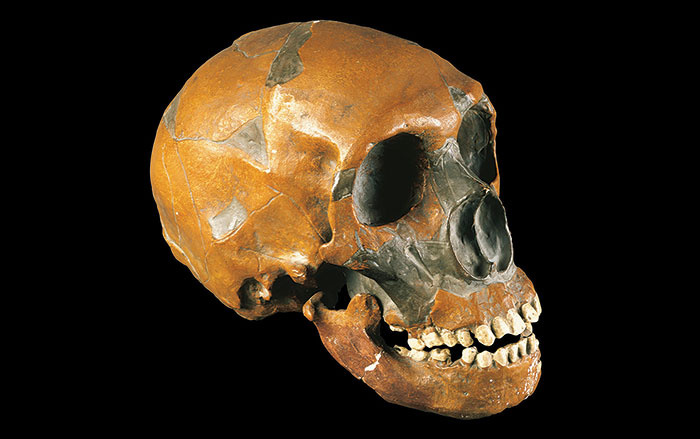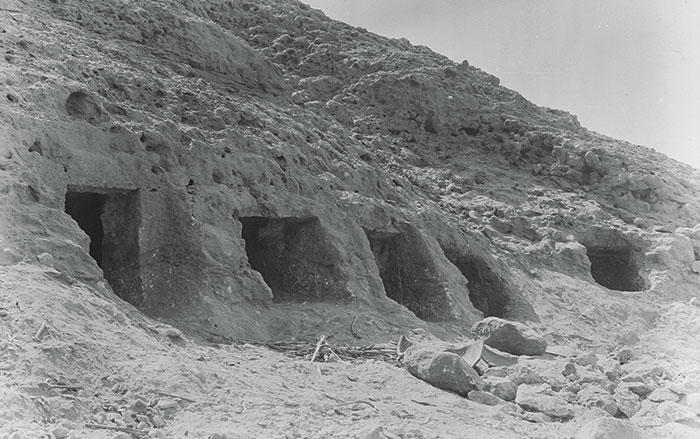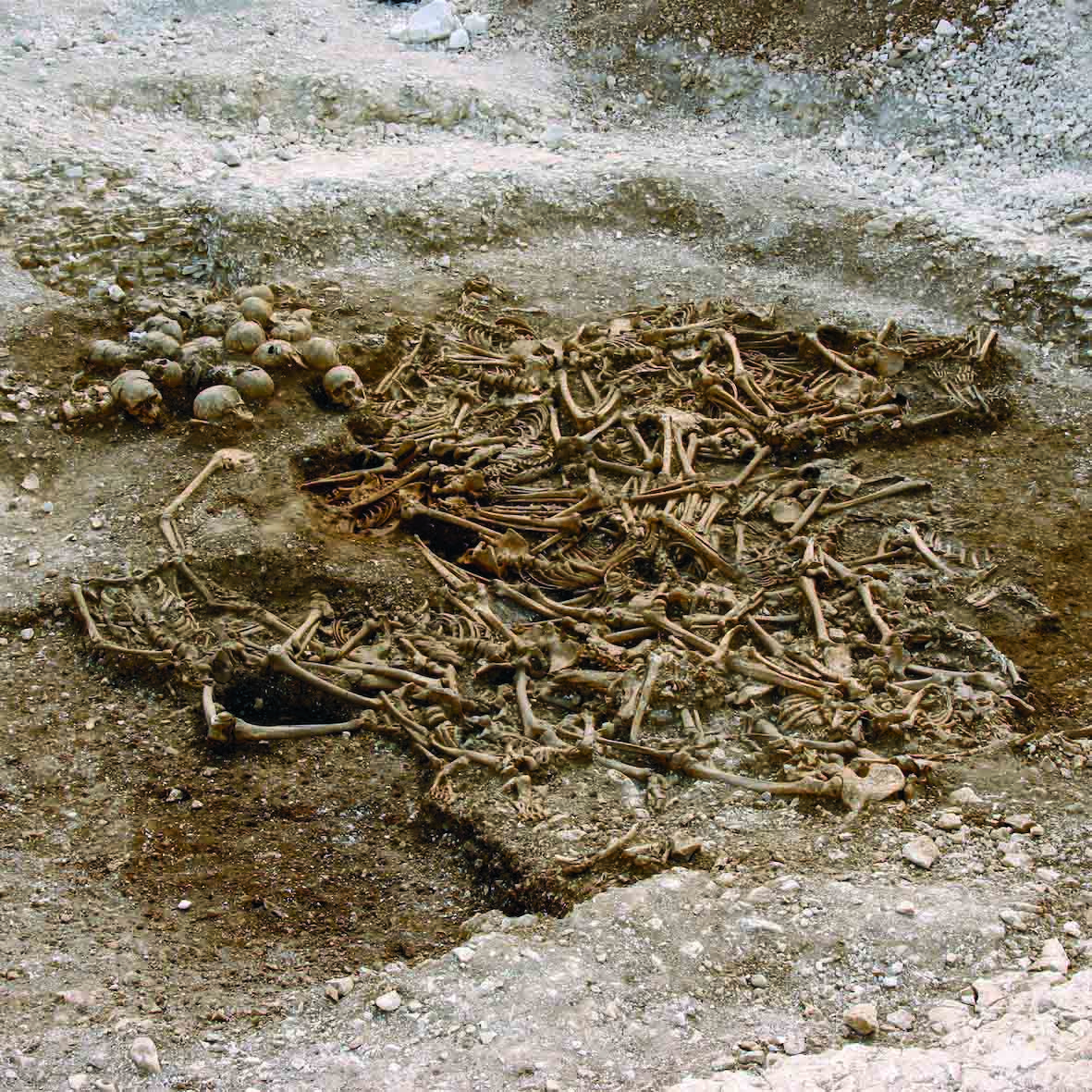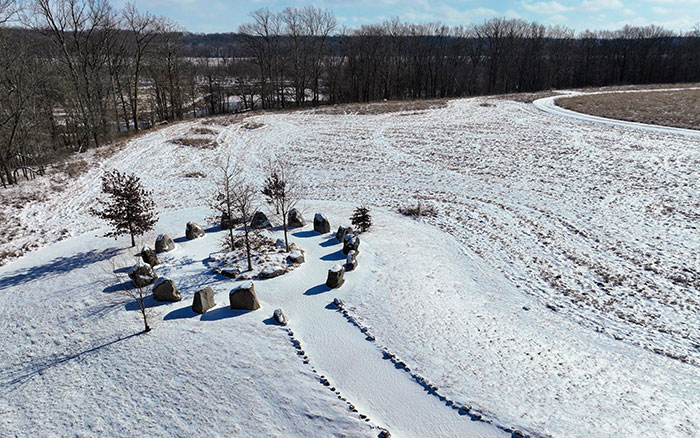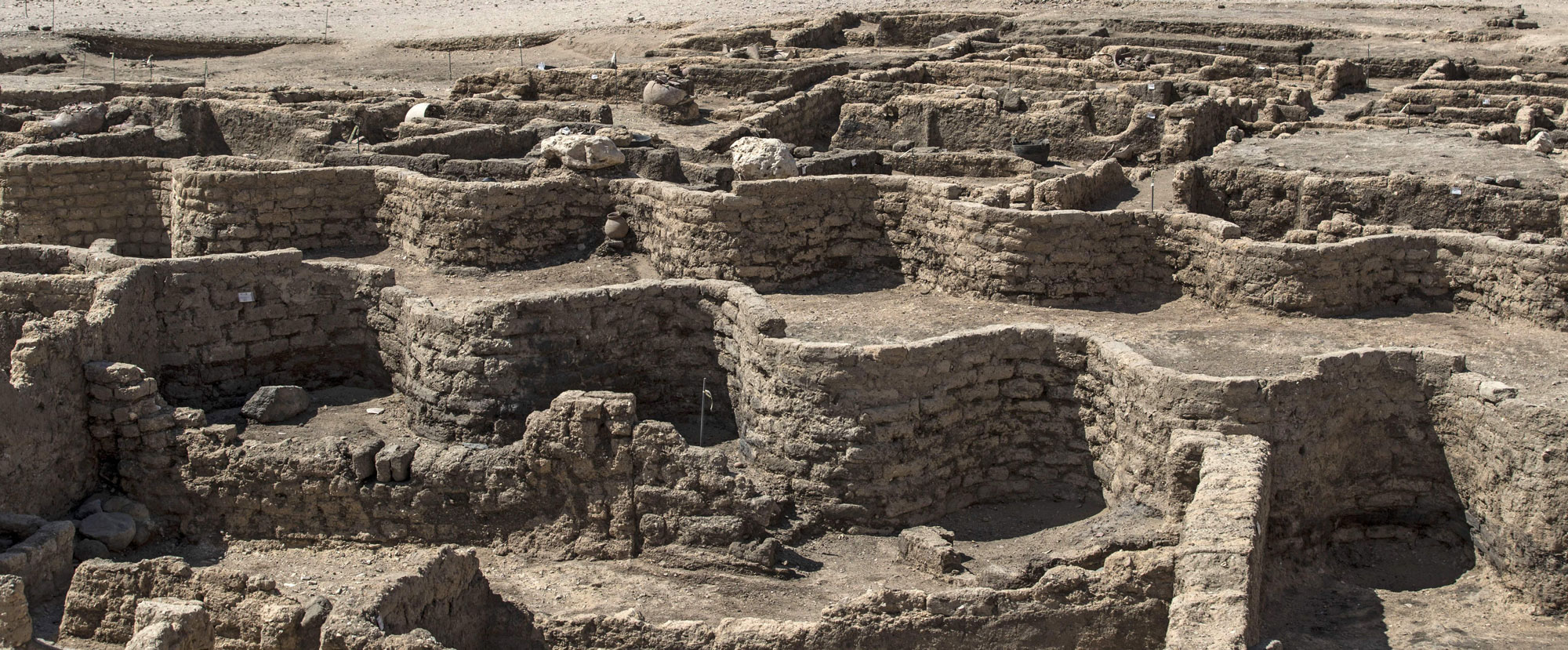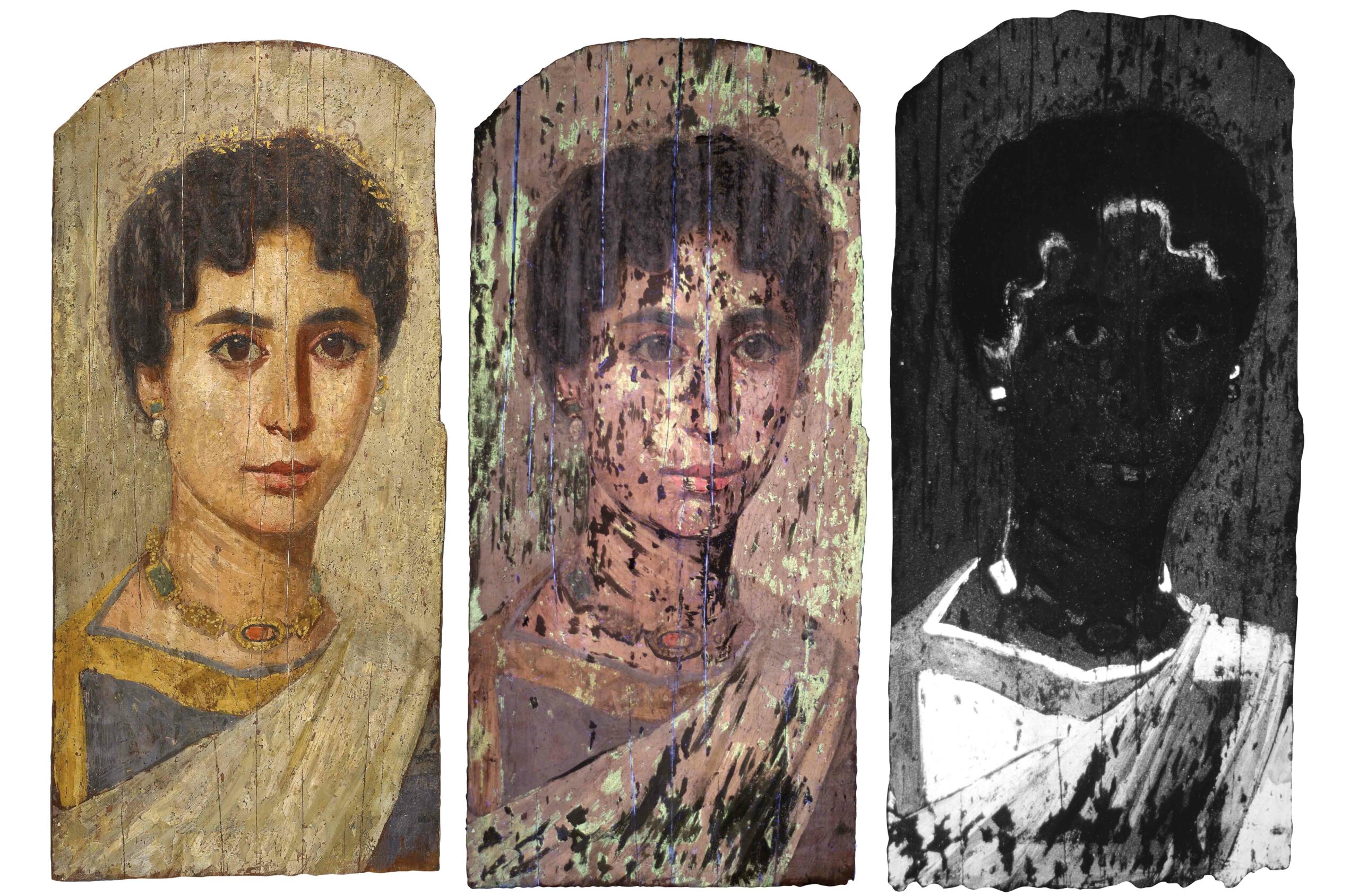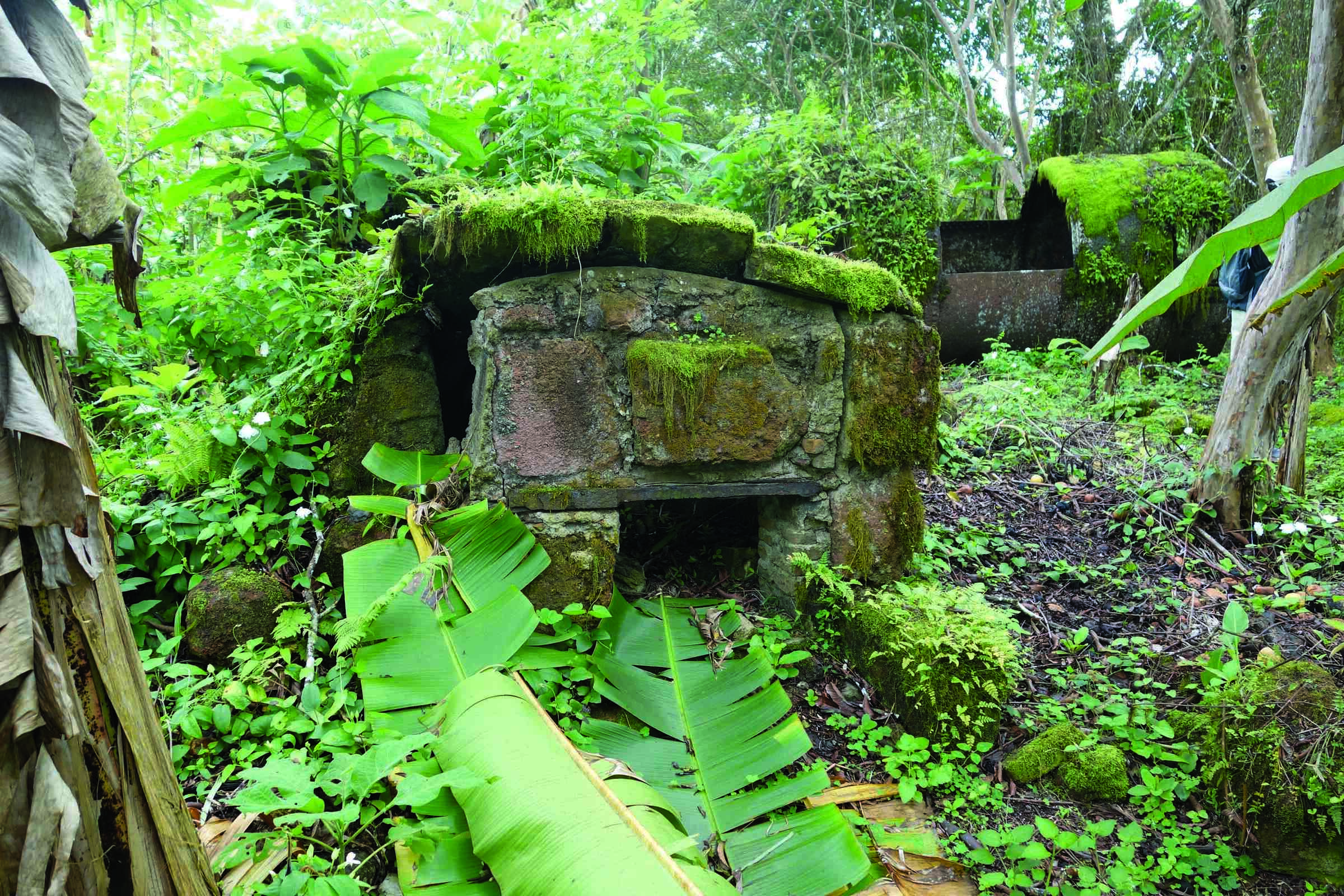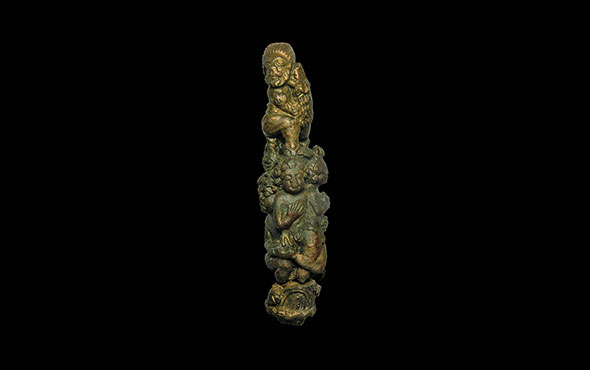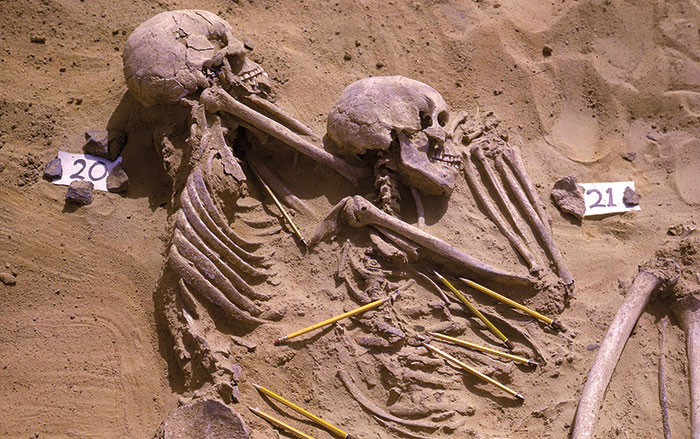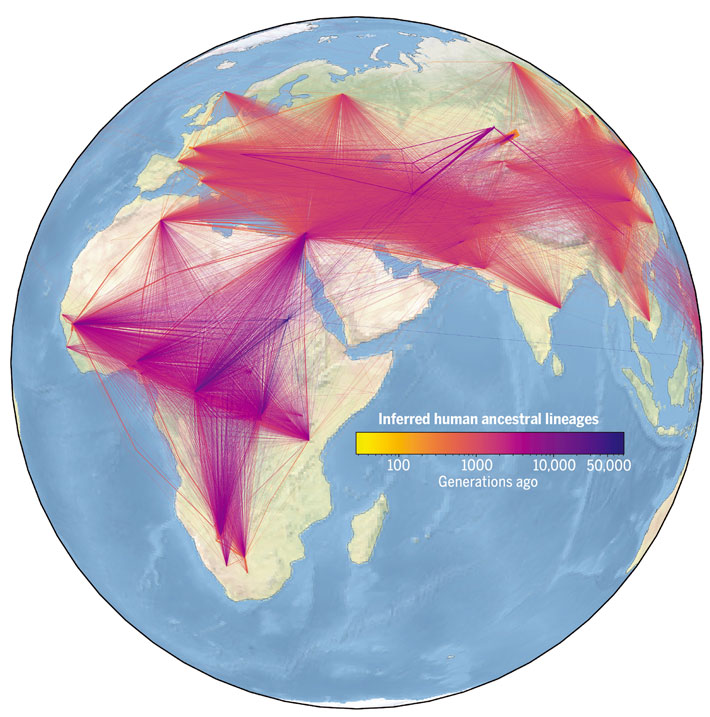
OXFORD, ENGLAND—Live Science reports that a team of scientists led by Anthony Wilder Wohns, who was a student at the University of Oxford at the time, has used a computer algorithm to sort through high-quality genome sequences from ancient individuals, including three Neanderthals and a Denisovan, and thousands of modern humans to create a family tree for all of humanity. The researchers identified lines of descent to map genealogical relationships through patterns of genetic variation identified by the algorithm. The study also plotted approximate locations for common ancestors of the individuals in the study, although this is a preliminary estimation, Wohns said. Degraded ancient genomes were used to help determine the age of the variants, and Wohns explained that more than 90 percent of the time, these ages were consistent with radiocarbon dates obtained by archaeologists. When there was a discrepancy, the team members adjusted the family tree to reflect the radiocarbon dating of samples. “We definitely see overwhelming evidence of the out-of-Africa event,” Wohns said. And as more genetic data becomes available, the technique may be able to identify currently unknown human movements, commented Aida Andrés and Jasmin Rees of the University College London. For more on the evolutionary family tree, go to "Our Tangled Ancestry."


